How to diagnose and treat Endocrine disorders?
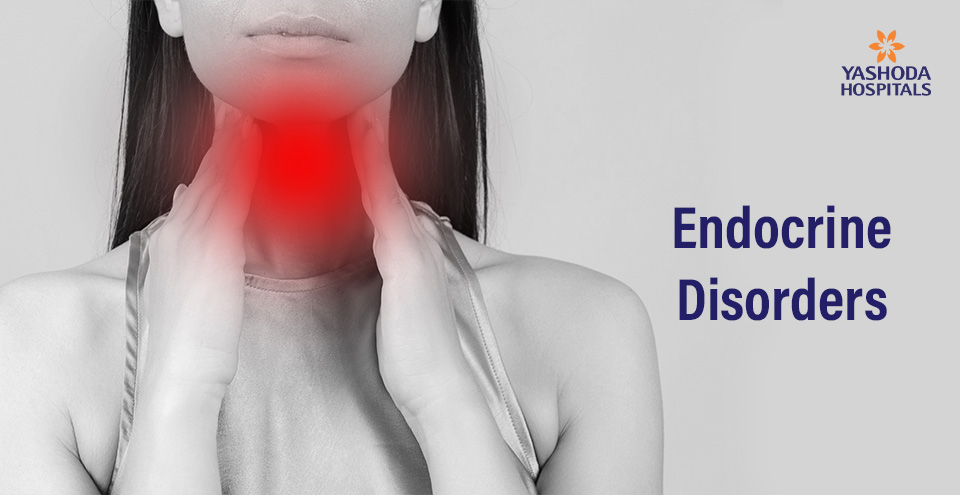
1. What are endocrine disorders?
2. What is the endocrine system and what is its function?
3. What causes endocrine disorders?
4. What is the prevalence of endocrine disorders?
5. How does age impact endocrine functioning?
6. Can endocrine disorders affect children?
7. What are the different types of endocrine disorders?
8. Are endocrine disorders life-threatening?
9. Who are at risk of endocrine disorders?
10. Can endocrine disorders be prevented?
11. How are endocrine disorders diagnosed?
12. What are the available treatment options for endocrine disorders?
14. What causes endocrine cancer?
15. What are the signs and symptoms of endocrine cancer?
What are endocrine disorders?
Endocrine disorders are diseases related to the endocrine glands (hormone-producing glands) of the body. These disorders can affect multiple parts of the body and have a wide range of symptoms, depending upon the gland being affected.
What is the endocrine system and what is its function?
The endocrine system consists of several glands, whose key function is to produce and release different hormones in the bloodstream. Hormones are known as chemical messengers. The word hormone is derived from the Greek “hormao” meaning “I excite or arouse”. They act on different parts of the body, exhibiting numerous functions. These include,
- Growth and development
- Metabolism
- Sexual function
- Reproduction
- Mood
The endocrine glands and their respective hormones are outlined in the graphic representation below.
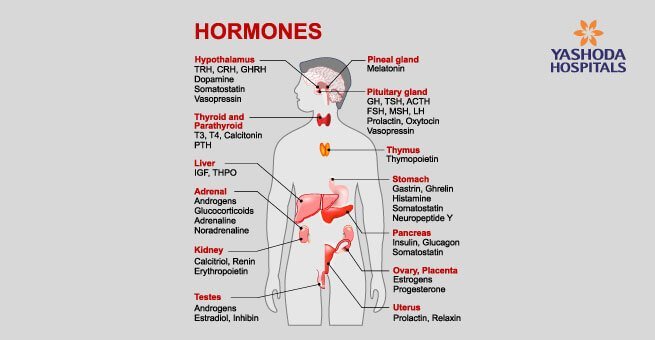
What causes endocrine disorders?
Endocrine disorders generally occur either due to:
- Too much or too little hormone released from the glands, known as hormonal imbalance, caused by,
- A problem with the endocrine feedback system that controls the amount of hormone secreted in the bloodstream.
- The disease of the endocrine gland.
- Genetic disorder.
- Infection of the gland.
- Injury to the gland.
- Development of nodules or tumours in the glands
Most tumours are non-cancerous and do not spread to other parts of the body. However, these may interfere with hormone production by the glands.
What is the prevalence of endocrine disorders?
Evidence suggests that there is a rising burden of endocrine disorders globally owing to factors of an ageing population, obesity, poor lifestyle and dietary habits. Endocrine disorders affect about 5% of the population in the United States.
The exact prevalence of endocrine disorders remains unknown in the Indian population. Studies indicate diabetes and thyroid disorders to be the most common endocrine disorders in India.
The prevalence of diabetes is estimated to be about 11.8% in the Indian population, accounting for 72.96 million cases in the adult population. The overall prevalence of hypothyroidism is estimated to be about 10.9% in the adult population of India.
How does age impact endocrine functioning?
The appropriate functioning of the endocrine system is diminished with ageing. The secretion of several hormones is reduced with ageing, it also reduces its sensitivity. However, these changes vary considerably between individuals.
Some of these changes include,
- The decline of estrogen levels causes menopause in women.
- Reduced growth hormone causes loss of muscle mass and strength.
- Decreased melatonin levels cause sleep disturbances.
- Reduced insulin sensitivity in some may cause diabetes.
- Hormones that may increase include follicle-stimulating hormone, luteinizing hormone, norepinephrine, epinephrine, and parathyroid hormone.
Can endocrine disorders affect children?
Yes, endocrine disorders can affect children. According to the World Health Organization, the most common endocrine disorders in children include,
- Thyroidal dysfunctions: Thyroid hormones play an important role in normal brain development during the first 2 years of life, beginning in the womb.
- Diabetes: Diabetes is characterized by high blood glucose levels resulting from defects in insulin production, insulin action, or both. Food habits and sedentary lifestyle has resulted in a rapid rise in diabetes among children.
- Obesity: According to the WHO 2010 reports approximately 43 million children <5 years of age were overweight.
- Precocious puberty: It is defined as the onset of puberty before the age of 8 years in girls and before the age of 9 years in boys. It is characterized by early puberty, growth and bone maturation leading to faulty skeletal growth and stunted growth.
- Hypospadias and cryptorchidism: Hypospadias is a congenital condition in which the opening of the penis is on the underside rather than the tip. It affects about 1 in 250 new-born males. Cryptorchidism is another congenital problem in which one or both of the testes fail to descend from the abdomen into the scrotum.
- Endocrine cancer: They most commonly include pancreatic and thyroid cancers.
What are the different types of endocrine disorders?
There are many different types of endocrine disorders. Some of the most common disorders include the following
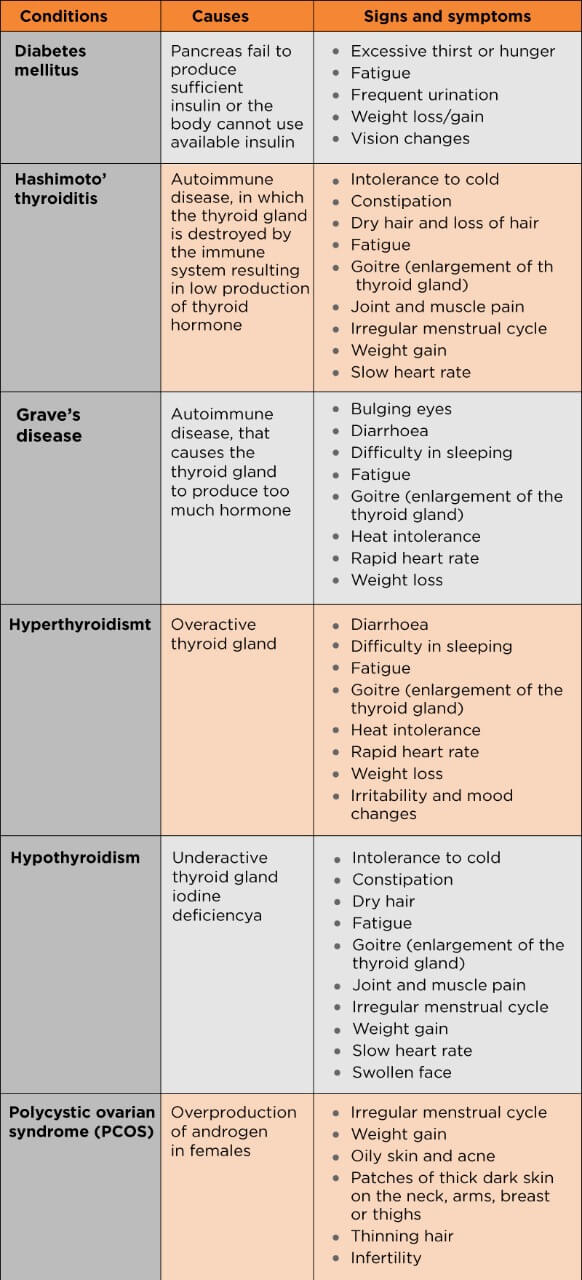
Are endocrine disorders life-threatening?
Yes, in some cases, endocrine disorders can be life-threatening. Immediate medical attention is required in case the patient shows the below mentioned conditions;
- Confusion or loss of consciousness
- Low blood pressure or heart rate
- Depression or anxiety
- Dehydration
- Severe vomiting and diarrhoea
- Severe fatigue or weakness
- Dryness, irritation, pressure or pain of the eyes
- Sleep disturbances
- Nerve numbness
Who are at risk of endocrine disorders?
The most important risk factors of endocrine disorders include,
- High blood cholesterol
- Family history of endocrine disorders
- Sedentary lifestyle
- Obesity
- Autoimmune disease
- Pregnancy
- Recent surgery, trauma, infection or serious injury
- Increasing age
How to prevent endocrine disorders?
Some endocrine disorders are hereditary and occur due to unknown reasons. However, the risk of some disorders depend on lifestyle factors. The risk of these conditions such as diabetes mellitus and PCOS can be lowered by,
1. Eating a healthy balanced diet
- Include 20-30 grams of protein per meal. Consuming adequate protein helps to maintain endocrine functions.
- High fibre intake is linked to improved insulin sensitivity and reduced hunger
- High intake of refined carbohydrates and sugars is associated with a high risk of obesity and diabetes.
- Avoid trans-fat and include healthy fats such as PUFA and MUFA and fatty fish in the diet.
- Consuming green tea has been linked to a lower risk of diabetes and obesity.
- Eating too much or too little at a time can cause hormonal imbalance. It is advised to eat at least 1200 calories per day for optimal health.

2. Regular physical exercising
Weight-bearing exercises, aerobics, walking, etc. helps to reduce the risk of hormonal disease by maintaining muscle mass and preventing fat accumulation in the body.
3. Smoking cessation
4. Limit alcohol intake
5. Reducing stress and adequate sleep
- Engaging in meditation, yoga and listening to music have been shown to normalize stress hormone levels.
- Not getting enough sleep is associated with increased stress hormone and hunger and reduced growth hormone.
6. Maintaining a healthy work-life balance
7. Knowing the family’s medical history can help to take precautions
How to diagnose endocrine disorders?
In most cases, endocrine disorders are treated by a specialist known as an endocrinologist. The endocrinologists establish the diagnosis based on signs and symptoms, physical examination, medical history, and medical tests.
Tests may include,
- Determination of the hormone levels in the blood and urine.
- Imaging tests such as CT scan, Ultrasonography, MRI, PET scans to help detect a tumour.
How to treat endocrine disorders?
The treatment of endocrine disorders usually involves,
- Hormone replacement therapy in case of low or no hormone production by the gland.
- Medications that boost or lower hormone production.
- Surgery or radiation therapy to control tumour growth.
What is endocrine cancer?
Cancers that begin in any of the endocrine glands is known as an endocrine cancer. The most common endocrine cancers include thyroid cancer and pancreatic cancer. Other endocrine tumours include adrenal gland tumours, multiple endocrine neoplasia 1 (MEN 1), MEN 2, parathyroid gland tumours, and pituitary gland tumours.
Some tumours are benign and are not cancers. They remain confined within the gland and do not spread to other parts of the body. Malignant tumours are life-threatening, as they can rapidly multiply and spread to the other parts of the body.
Both benign and malignant tumours can be functioning or non-functioning. Functioning hormones can make their own hormone, while non-functioning tumours do not produce hormones.
What causes endocrine cancer?
In most cases, the cause of endocrine cancer remains unknown. The common causes include
- Family history– Family history of cancer is associated with a higher risk of endocrine cancer
- Age– Different age groups are prone to develop different endocrine tumours. For example, the risk of skin cancer is higher in people aged >70 years.
- Gender– Women are at 2-3 folds higher risk of developing thyroid cancer as compared to their male counterparts.
- Immune suppression– People with low immunity such as HIV patients are at higher risk of developing cancer.
What are the signs and symptoms of endocrine cancer?
The symptoms of endocrine cancer depend upon the specific organ affected. Symptoms of endocrine cancer may include,
- Anxiety, including panic attacks, confusion, depression, irritability, nervousness.
- Changes in bowel or bladder habits, diarrhoea
- Facial flushing (redness and a warm feeling over the face)
- Fatigue
- Fever
- Headaches
- Intestinal bleeding
- Jaundice (yellowing of the skin and whites of the eyes)
- Nausea, vomiting
- Persistent pain in a specific (localised) area
- Sweating
- Thickening or lump in any part of the body
- Unexplained weight gain or loss
How to diagnose endocrine cancer?
The diagnosis of endocrine cancer may include the following,
- Physical examination to understand the parts of the body affected.
- Neurological examination to evaluate normal functioning of reflexes, balance, coordination and mental status.
- Blood, urine and stool tests to check for abnormal levels of hormones, glucose, and other biomarkers.
- Biopsy to examine the nature of tumour growth-benign or malignant.
- CT scan, MRI and PET of glands affected.
How to treat endocrine cancer?
Like most other cancers, treatment of endocrine cancer consists of,
- Chemotherapy
- Radiation therapy
- Surgery to remove the tumour from the affected gland
- Hormone replacement therapy to help the body continue to function normally post removal of the affected gland
- Palliative medicine to treat pain and physical symptoms of fatigue, nausea, weight loss, etc.
Read more about Endocrine disorders symptoms, causes and treatment.
If you find any of the above mentioned symptoms of Endocrine disorders then
Book an Appointment with the best endocrinologist in hyderabad
References:
- Endocrine disorders. WebMD. https://www.webmd.com/diabetes/endocrine-system-disorders. Accessed on April 29, 2020.
- Morley JE. Overview of endocrine system. MSD Manual. https://www.msdmanuals.com/professional/endocrine-and-metabolic-disorders/principles-of-endocrinology/overview-of-the-endocrine-system. Accessed on April 29, 2020.
- All endocrine disorders. Endocrineweb. https://www.endocrineweb.com/conditions. Accessed on April 29, 2020.
- Endocrine diseases. MedlinePlus. https://medlineplus.gov/endocrinediseases.html. Accessed on April 29, 2020.
- Endocrine diseases. NIH. https://www.niddk.nih.gov/health-information/endocrine-diseases. Accessed on April 29, 2020.







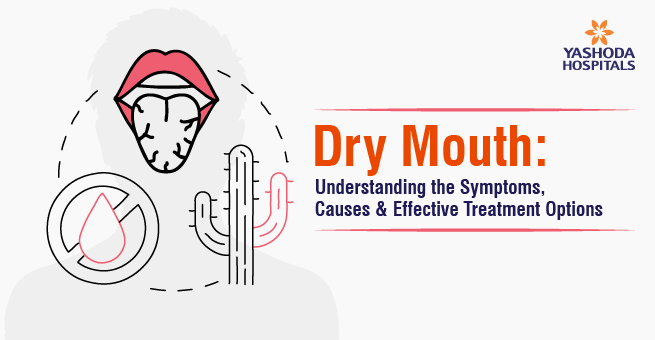



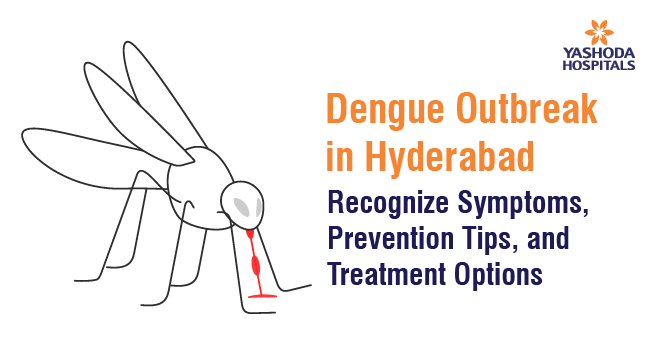

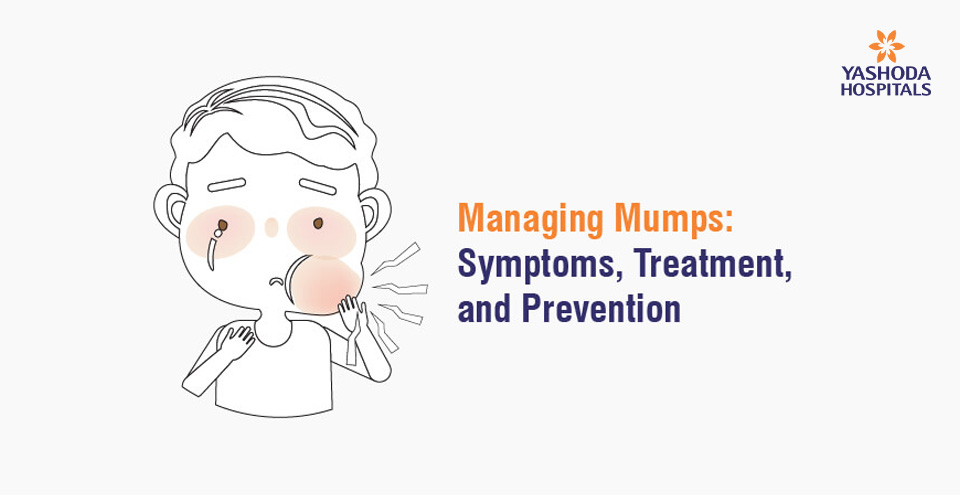
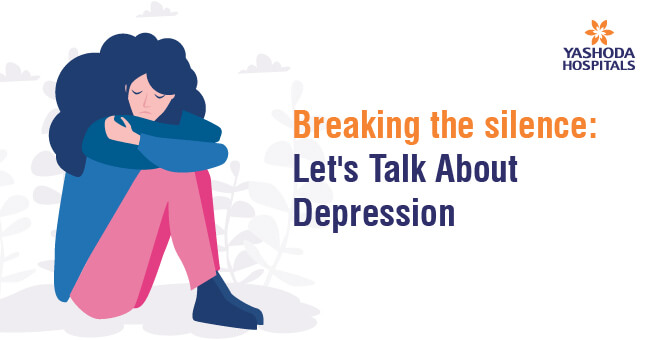



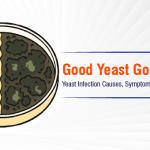
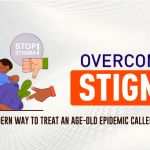
 Appointment
Appointment WhatsApp
WhatsApp Call
Call More
More